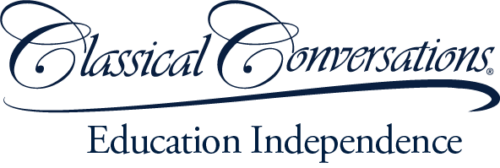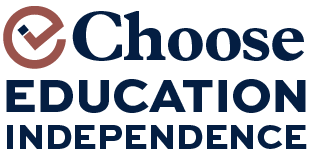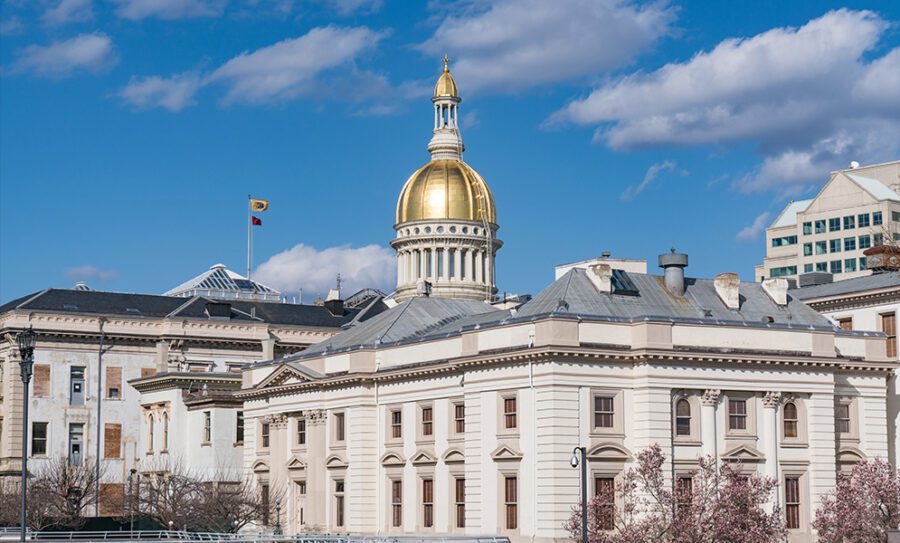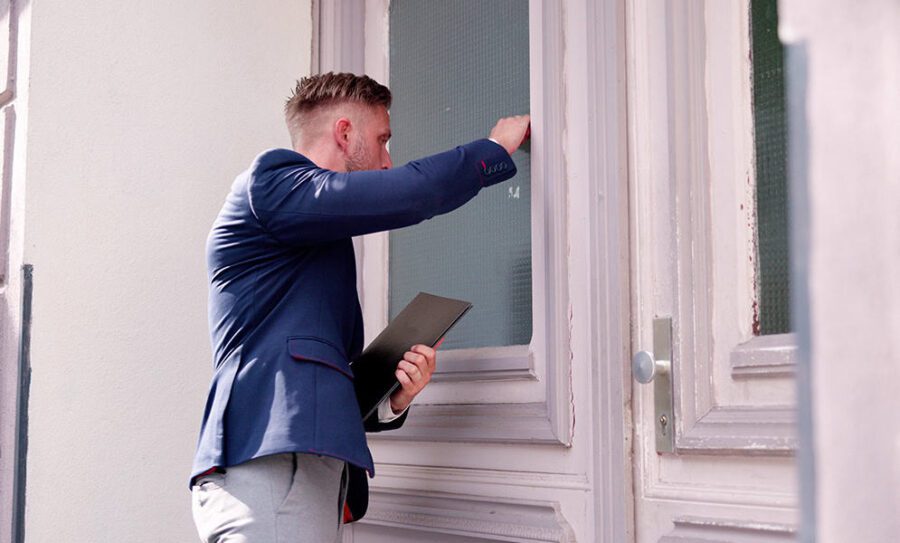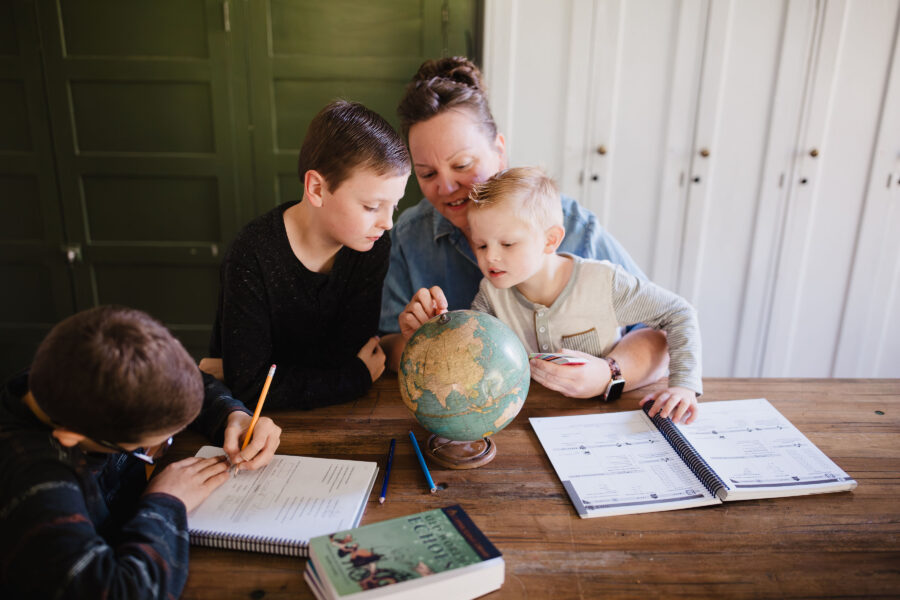
Choice is good.
A good choice is better.
Therefore, choose better.
We Promote and Protect…
The purpose of education is to know God and to make Him known; therefore, we believe education is a sacred pursuit outside the jurisdiction of the state.
Education is the responsibility of the family, with support from fellow believers; therefore, we recognize that the financial obligation falls on parents, with potential support from private, voluntary benefactors.
God trusts parents with their children and so should we; therefore, we advocate for the protection of parental rights and educational autonomy from the state.
Wrestling with truth promotes blessing and virtue for the whole community; therefore, we uphold that education, independent from the state, is the cornerstone of a flourishing society.
Upcoming Events
Oct
1
